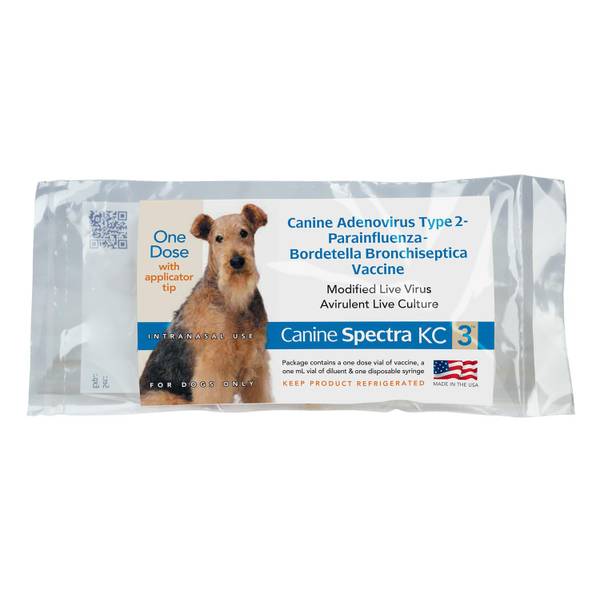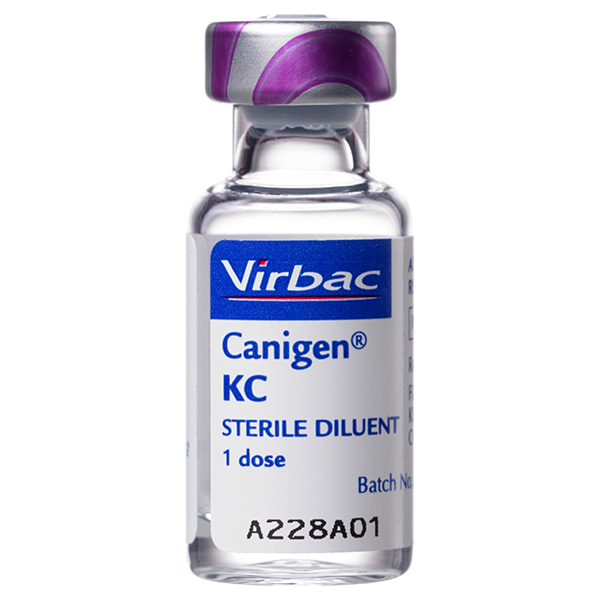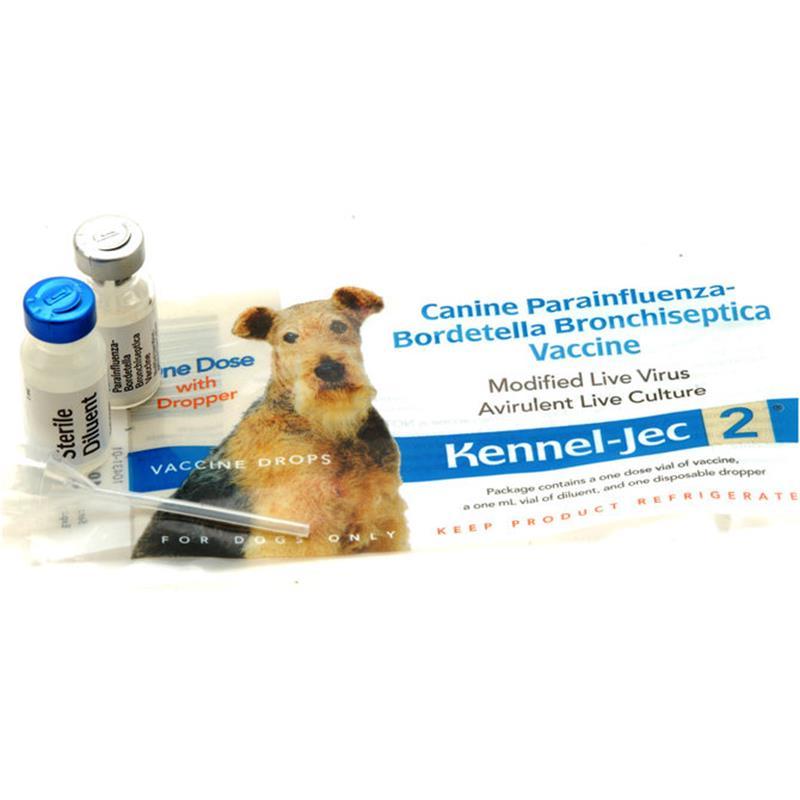What is Kennel Cough?
Kennel cough is a respiratory infection that affects dogs. It spreads quickly among canines. Dogs in close quarters, sharing water bowls or toys, are at higher risk. It’s so contagious that airborne droplets can transmit it. The name ‘kennel cough’ comes from outbreaks in kennels affecting many dogs at once. Even indirect contact through objects can cause infection. Because of its high contagion, some kennels require a vaccination before admitting dogs. Symptoms typically include persistent coughing and gagging. The cough arises as dogs feel something stuck in their throat, even when there’s nothing. Dogs may show discomfort during coughs due to irritated airways. Behavioral changes, such as less playfulness or increased agitation, are also common signs. Without vaccination, dogs with kennel cough are more susceptible to other diseases.
Various pathogens cause kennel cough, but the most common is Bordetella bronchiseptica. Vaccinations can significantly reduce the risk of contracting this infection. Puppies, older dogs, and those with weakened immune systems are especially vulnerable and should be vaccinated if possible. When infected by kennel cough, the microorganisms cause severe inflammation and irritation in the upper respiratory tract. This inflammation leads to the distinct dry cough associated with the illness. In many cases, kennel cough can resolve without treatment, but it remains a nuisance until recovery. The vaccine is recommended for dogs that frequently socialize or are boarded with other dogs. It’s advisable to consult a vet for the best advice on preventing and handling kennel cough.

Signs and Symptoms of Kennel Cough in Dogs
Recognizing the signs and symptoms of kennel cough is crucial for early intervention and care. Here are the most common indicators that your dog might have contracted this infectious disease:
- Persistent Cough: A hallmark sign, resembling a honk or a gag, signaling irritation in the throat.
- Discharge: Watch for nasal discharge or weepy eyes, which can accompany the cough.
- Appetite Loss: Dogs may eat less due to discomfort or a general feeling of being unwell.
- Fever: Some dogs develop a fever, indicating their body is fighting an infection.
- Lethargy: Look for a decrease in energy or unwillingness to engage in play or exercise.
- Reverse Sneezing: This can sound alarming, but it is often a symptom of upper respiratory irritation.
Early detection of these symptoms can prevent further complications. It’s essential to monitor your dog’s condition and consult a vet if symptoms persist. Vaccination may reduce the severity of signs should your dog contract kennel cough. Contact a vet as soon as you see these symptoms for the best outcome.
The Importance of the Kennel Cough Vaccine
The kennel cough vaccine is crucial for your dog’s health. Its key benefits include reducing the risk of infection and preventing the spread of the disease to other dogs. Immunization plays an essential role, especially for dogs that are regularly in contact with others. Dogs that attend dog parks, boarding facilities, or grooming salons are at higher risk of exposure to kennel cough. The vaccine works by preparing your dog’s immune system to fight against Bordetella bronchiseptica, the most common agent of kennel cough.
Ensuring your dog receives the kennel cough vaccine helps protect vulnerable dogs, such as puppies and older canines. These groups have weaker immune defenses and are more susceptible to complications from kennel cough. Vaccination is an act of responsible pet ownership. It guards not only your pet but also the broader canine community. Some boarding and grooming facilities mandate the vaccine before accepting dogs. This policy is in place to maintain a healthy environment for all pets.
If you’re unsure about whether to vaccinate, speak to a vet. They will advise based on your dog’s health, lifestyle, and risk factors. Remember, while the vaccine is highly effective, it is not a 100% guarantee against infection. It significantly reduces the chance of severe illness. In the event that a vaccinated dog does contract kennel cough, symptoms are often milder and recovery faster. Vaccination is a simple step that can have a lasting impact on your dog’s well-being.
How the Kennel Cough Vaccine Works
The kennel cough vaccine targets the Bordetella bronchiseptica bacterium. This bacterium causes the most common form of kennel cough in dogs. The vaccine works by stimulating the dog’s immune system to recognize and fight against this specific pathogen.
Intranasal Vaccine Administration
One prevalent type is the intranasal vaccine. Administered through the dog’s nostril, this vaccine starts working in about four days. It generally protects the dog for up to a year. Drops are placed inside one nostril, which is a quick and non-invasive method.
Injectable Vaccine Option
Besides the nasal form, there’s an injectable version. Like the intranasal vaccine, it prepares the immune system to defend against infection. The injection is typically given under the skin or into the muscle.
Immune System Response
After vaccination, a dog’s body produces antibodies. These antibodies are specific to Bordetella bronchiseptica. If the dog later encounters the actual bacteria, the antibodies help to quickly neutralize it. This response can prevent kennel cough or lessen its severity.
Duration of Protection
The protection offered by the vaccine is not indefinite. Dogs need regular boosters for ongoing immunity. Your vet can recommend the best schedule, based on your dog’s risk level and lifestyle.
The kennel cough vaccine is a key measure in preventing the spread of the disease. In group settings, it is essential for maintaining canine health. While the vaccine significantly lowers the risk, it’s not a foolproof shield. Dogs still may contract milder forms of the disease even after immunization.
Remember to consult with your vet about the right vaccine for your dog’s specific needs. They can offer advice on the best type and timing for immunization. Early vaccination can make all the difference in your dog’s health and social life.

When to Vaccinate Your Dog Against Kennel Cough
Deciding when to vaccinate your dog against kennel cough is crucial. The ideal time depends on several factors. Puppies can receive the vaccine from as young as three weeks. Vaccination before entering a boarding kennel or grooming salon is wise. These places often require proof of vaccination. Annual boosters help maintain immunity for dogs at risk. Always check if a booster is due before any event where dogs gather. Consult with your vet for the best vaccination schedule for your dog. They consider factors like age, health status, and lifestyle.
Pets with frequent exposure to other dogs often need earlier and more regular vaccination. Dogs visiting parks, shelters, or doggy daycare fall into this category. Older dogs or those with weaker immune systems may need special attention. Vaccinate them at times that minimize stress and maximize protection. Remember, a sick or immunocompromised dog may not be a good vaccine candidate. Your vet can assess your dog’s health and advise accordingly. Lastly, don’t delay vaccination if you foresee risky situations for your pet. Planning is key for keeping your furry friend safe and healthy.
Bordetella Bronchiseptica and Its Role in Kennel Cough
Bordetella bronchiseptica is a key player in kennel cough. This bacterium is one of the main causes of this respiratory disease in dogs. When your dog breathes in these bacteria, the infection can set in quickly. Symptoms like a harsh cough often follow, making your dog uncomfortable.
How does it spread? Dogs can catch it from each other through the air or shared items. Kennels, dog parks, and grooming spots are common places for outbreaks. This is why many facilities ask for a vaccination proof before entry.
Is there a vaccine for kennel cough? Yes, there is, and it targets Bordetella bronchiseptica. It can be an intranasal vaccine or an injectable one. This vaccine fortifies your dog against the bacterium. It can lessen the chances of your dog getting ill, especially in high-risk spots.
Vaccinating your dog against Bordetella bronchiseptica is a smart move. It’s a shield for your pet against kennel cough. It is part of being a responsible dog owner, keeping both your pet and other dogs protected. If you’re in doubt about the vaccine, always talk to your vet. They can offer you tailored advice that considers your pet’s needs and risks.
Remember to mark your calendar for regular vaccine updates. This keeps your pet’s protection fresh and effective. Dogs often need a booster each year to stay safe. So, keep up with your vet visits and vaccination schedules. Your dog’s health depends on it!
Possible Side Effects of the Kennel Cough Vaccine
While the kennel cough vaccine is generally safe, some dogs may experience side effects. These reactions are usually mild and short-lived. Knowing them can help dog owners watch for unusual signs after vaccination.
Mild Reactions to the Vaccine
Some dogs might have minor reactions to the vaccine. These can include:
- Nasal discharge: Just like a human cold, a bit of a runny nose can occur.
- Sneezing: Dogs may sneeze more often shortly after receiving the nasal vaccine.
- Mild coughing: A slight cough is possible, given the vaccine targets the respiratory system.
- Lethargy: Your dog might seem tired or less active for a day or two.
These symptoms typically resolve without treatment. They’re signs that the vaccine is working to stimulate the immune system.
Rare and Serious Side Effects
Serious reactions to the kennel cough vaccine are rare. If you notice any of the following, contact your vet right away:
- Fever: A high temperature could indicate a stronger reaction to the vaccine.
- Appetite loss: If your dog stops eating, it’s a sign something might be wrong.
- Persistent coughing or breathing issues: A lasting cough or trouble breathing needs vet attention.
Monitoring After Vaccination
Keep a close eye on your dog after the vaccine. Look out for any changes in behavior or health. If symptoms last more than a few days, inform your vet. They can provide guidance and, if necessary, treatment.
In conclusion, while side effects are possible, the vaccine’s benefits usually outweigh the risks. Most dogs sail through vaccination with no problems. Speak to a vet if you have concerns, and always report any serious reactions. They are the best source for advice tailored to your pet’s health.

Treatment and Recovery from Kennel Cough
Treating kennel cough often depends on its severity. For mild cases, your dog may recover without much medical intervention. Provide rest, fluids, and a quiet environment to help them heal. Keep an eye on their symptoms and comfort level during this time.
If the cough is more troublesome, your vet might prescribe cough suppressants or antibiotics. Cough medicine helps ease symptoms and antibiotics fight secondary infections. Use these as directed and finish the full course, even if your dog seems better.
For dogs with a hard time breathing or those not improving, see your vet. They may need more help, such as nebulization or other treatments. In these cases, follow your vet’s guidance closely.
Home care plays a big role in recovery. Keep your dog away from irritants like smoke or dust. Make sure they eat well and stay hydrated. Soft food can ease throat discomfort.
Most dogs bounce back from kennel cough within three weeks. However, puppies or older dogs may take longer. Watch for any signs that worsen or don’t improve, and report these to your vet.
Prevent kennel cough through vaccination and avoid exposure to sick dogs. Yes, there is a vaccine for kennel cough, and it’s your best defense. Talk to your vet about the vaccine, especially if your dog mixes with other dogs often.
Always keep up with your dog’s vaccines and health checks. This keeps them ready to fight off infections like kennel cough. Your vet can provide a schedule for regular health maintenance.
Help your dog through kennel cough with care and attention. They rely on you for their health and comfort. Speak with a vet if you have concerns. They can advise on the best steps for treatment and prevention.